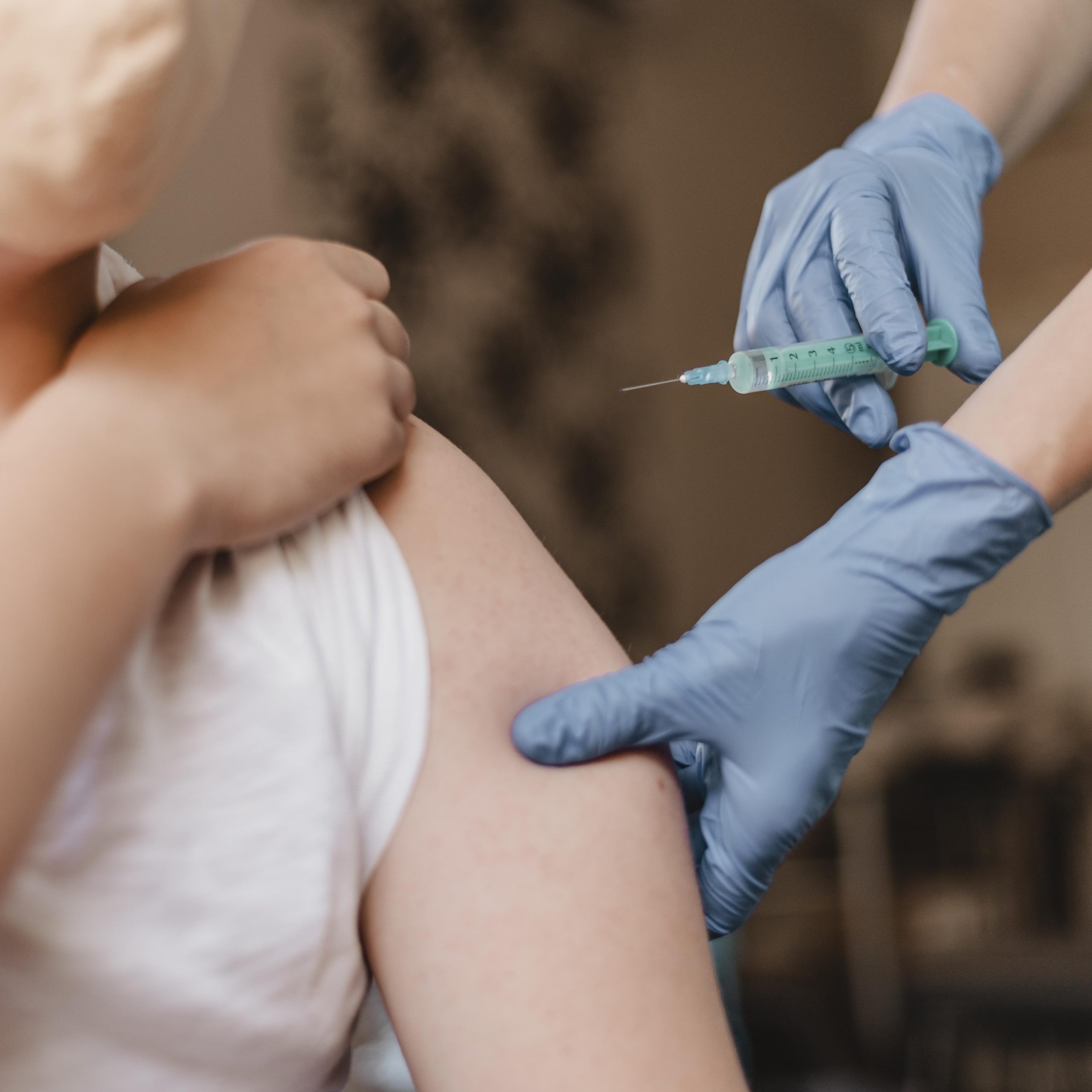

At the height of the pandemic, which personality types were most reluctant to COVID-19 vaccination? According to a recent study of more than 40,000 Canadians, extroverts.
“We expected that people who were especially high in extroversion would be more likely to get the vaccine,” said Melissa Baker, Ph.D., lead author and assistant professor at The University of Texas at El Paso. “We figured those people would want to get back out in the world and socialize, right? It’s actually the opposite.”
The UTEP and University of Toronto-based research team claims that the findings, which have been published in the journal Frontiers in Psychology, can support upcoming public health messages and immunization programs. In vaccine hesitancy research, a subject that has primarily concentrated on political affiliation, it also offers a distinctive viewpoint.
“We wanted to look at vaccine hesitancy a different way,” Baker said. “Of course, politics can help explain some of it, but there are personal differences between people, too—and that led us to this personality aspect.”
Over 40,000 Canadian individuals participated in surveys for the study, which was conducted between November 2020 and July 2021. Each participant’s personality was assessed online using questions based on the “Big Five” model, which rates a person’s openness, conscientiousness, extraversion, agreeableness, and emotional stability.
Further inquiries focused on the respondents’ attitudes on vaccination. One question, for example, asked, “When a COVID-19 vaccine becomes available, will you be vaccinated?” As the vaccine rollout began, questions were altered to reflect their availability.
The majority of the team’s theories were verified. For instance, those who were friendlier and more outgoing were more likely to receive Covid-19 vaccination.
“Those are the kind of people who are open to new things, new information and just like to go with the flow,” Baker said. “We also expected that for people with high conscientious because they are detail-oriented and big planners.”
On the other hand, people who are emotionally unstable or who have strong emotions were less likely to receive the vaccine. To their surprise, extroverts were 18% more likely to reject the shot.
Even though the pandemic is over, the scientists claimed that the results may still be useful for future public health messaging campaigns for immunization against other diseases as well as COVID-19.
Baker explained, “If we know you need to reach a certain type of personality, we can think about the message that will actually reach and persuade that person.”
more recommended stories
 Pediatric Crohn’s Disease Microbial Signature Identified
Pediatric Crohn’s Disease Microbial Signature IdentifiedKey Points at a Glance NYU.
 Nanovaccine Design Boosts Immune Attack on HPV Tumors
Nanovaccine Design Boosts Immune Attack on HPV TumorsKey Highlights Reconfiguring peptide orientation significantly.
 High-Fat Diets Cause Damage to Metabolic Health
High-Fat Diets Cause Damage to Metabolic HealthKey Points Takeaways High-fat and ketogenic.
 Acute Ischemic Stroke: New Evidence for Neuroprotection
Acute Ischemic Stroke: New Evidence for NeuroprotectionKey Highlights A Phase III clinical.
 Statins Rarely Cause Side Effects, Large Trials Show
Statins Rarely Cause Side Effects, Large Trials ShowKey Points at a Glance Large.
 Can Too Many Antioxidants Harm Future Offspring?
Can Too Many Antioxidants Harm Future Offspring?Key Takeaways High-dose antioxidant supplementation in.
 Anxiety Reduction and Emotional Support on Social Media
Anxiety Reduction and Emotional Support on Social MediaKey Summary Anxiety commonly begins in.
 Liquid Biopsy Measures Epigenetic Instability in Cancer
Liquid Biopsy Measures Epigenetic Instability in CancerKey Takeaways Johns Hopkins researchers developed.
 Human Antibody Drug Response Prediction Gets an Upgrade
Human Antibody Drug Response Prediction Gets an UpgradeKey Takeaways A new humanized antibody.
 Pancreatic Cancer Research: Triple-Drug Therapy Success
Pancreatic Cancer Research: Triple-Drug Therapy SuccessKey Summary Spanish researchers report complete.

Leave a Comment